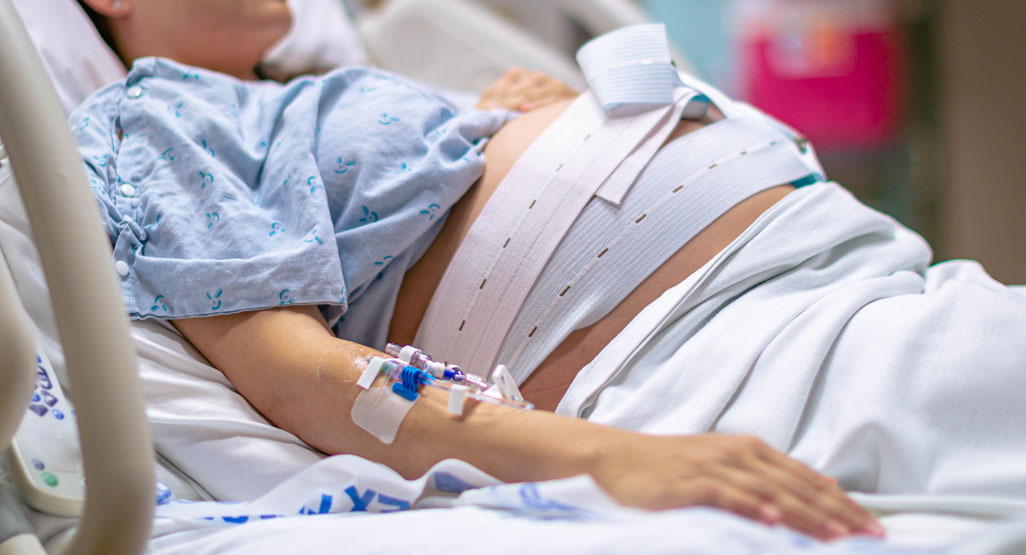
Many hospitals across the United States report on the lack of IV fluid after Hurricane Helena. This is because the largest supplier of the IV Liquid Hospital, Baxter International, had to temporarily close production in its northern listing in Marion, North Carolina facility due to storms.
If you are pregnant and expect work and delivery soon, it can sound in a relationship. IV fluids are routinely used to support hydration during birth. They also help administration of drugs such as pitocins for initial work and help the epidural to prevent blood pressure fall.
Advertising Page continues below
While some hospitals reportedly preserve their stock IV fluids, doctors want to convince you that pregnant women will get the fluids they need. Here’s what you should know about the availability of IV fluid during your pregnancy and the upcoming delivery.
Why is there a lack of IV?
Before Hurracle Helene Hit, the production plant Baxter in North Carolina supplied about 60% of IV fluids that were used in the USA in the US after Helena, flooded and temporarily stopped production. Baxter is currently delivered by the necessities produced before the hurricane, but the new production in the plant is not expected to start another week or two.
“Baxter continues to scales production across its global locations and work closely with the FDA in the provisional import of products to increase the available inventory”, company wrote in a public statement On Wednesday. The goal is to produce to return completely by the end of 2024. Years.
The American Hospital Association (Yeah) sent a letter to President Joe Biden on Monday, persuading him to take action. “Our members are already reporting significant shortages of these products that support life and life products,” the loud letter. “Patients across America already feel that influence, which will deepen only in the coming days and weeks, unless much more to mitigate the situation and minimize the impact on patient care.”
Will the shortage and childbird strike?
Technically, the disadvantage stands to affect all patients, but you will probably have access to IV liquids if you are pregnant or entering work.
Pregnant women are a priority when it comes to IV liquids, says Anjali Bharati, toEr doctor in the village of Lenox Health Greenwich in New York. “We have a lot of experience prioritizing the needs of patients in different situations.”
Stresses that hospitals have reserves of important stocks and medications, including IV fluids. “IV fluid has a pretty long expiration date,” she says. Meaning, your local hospital can have a lot of sacks of IV fluids in the background, only in the case of such situations.
Advertising Page continues below
If Baxter International remained closed longer than expected, dr. Bharati says that not pregnant patients can treat IV medications and rehydrate orally (ie asked to drink something) instead of IV fluid. However, pregnant women will remain a priority for existing stocks.
What to do if you expect soon
There is no much for normal communication with your doctor, and there is no need for worry. You can expect to get IV fluids if you need.
“We are not even close to the situation where we are a row stock,” says Dr. Bharati. If this happens, officials “will reach international manufacturers and get stocks of IV fluids,” she says. “But for pregnant women should deliver, I can’t wait. These are urgent circumstances, and would absolutely be on the list for IV fluid if indicated,” says Dr. Bharati.
If you are concerned about supplying the local IV fluid hospital, reach your provider if only to make your mind easier. But dr. Bharati emphasizes that there is nothing that would indicate that you would not be able to get care – and liquids – you need for your birth.
